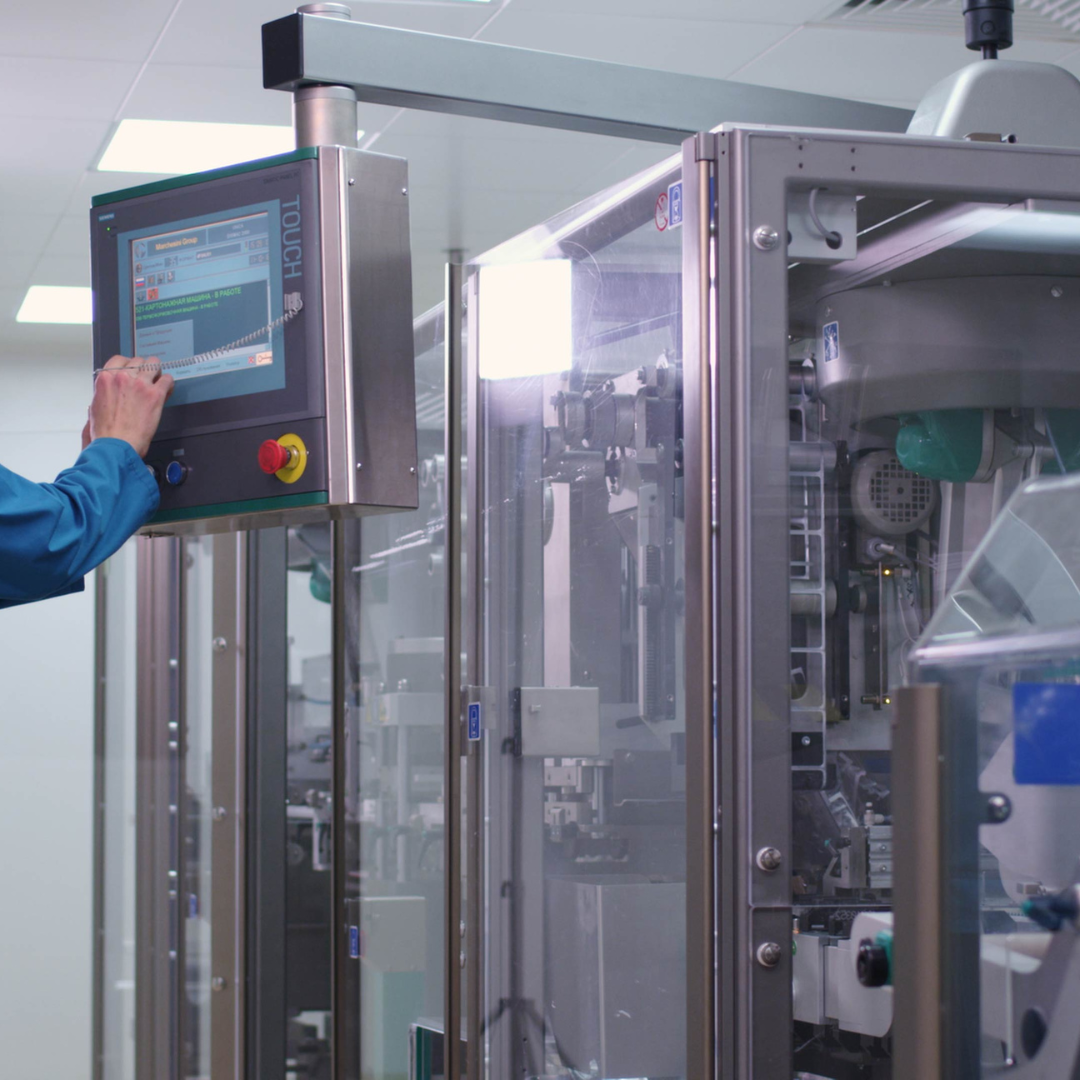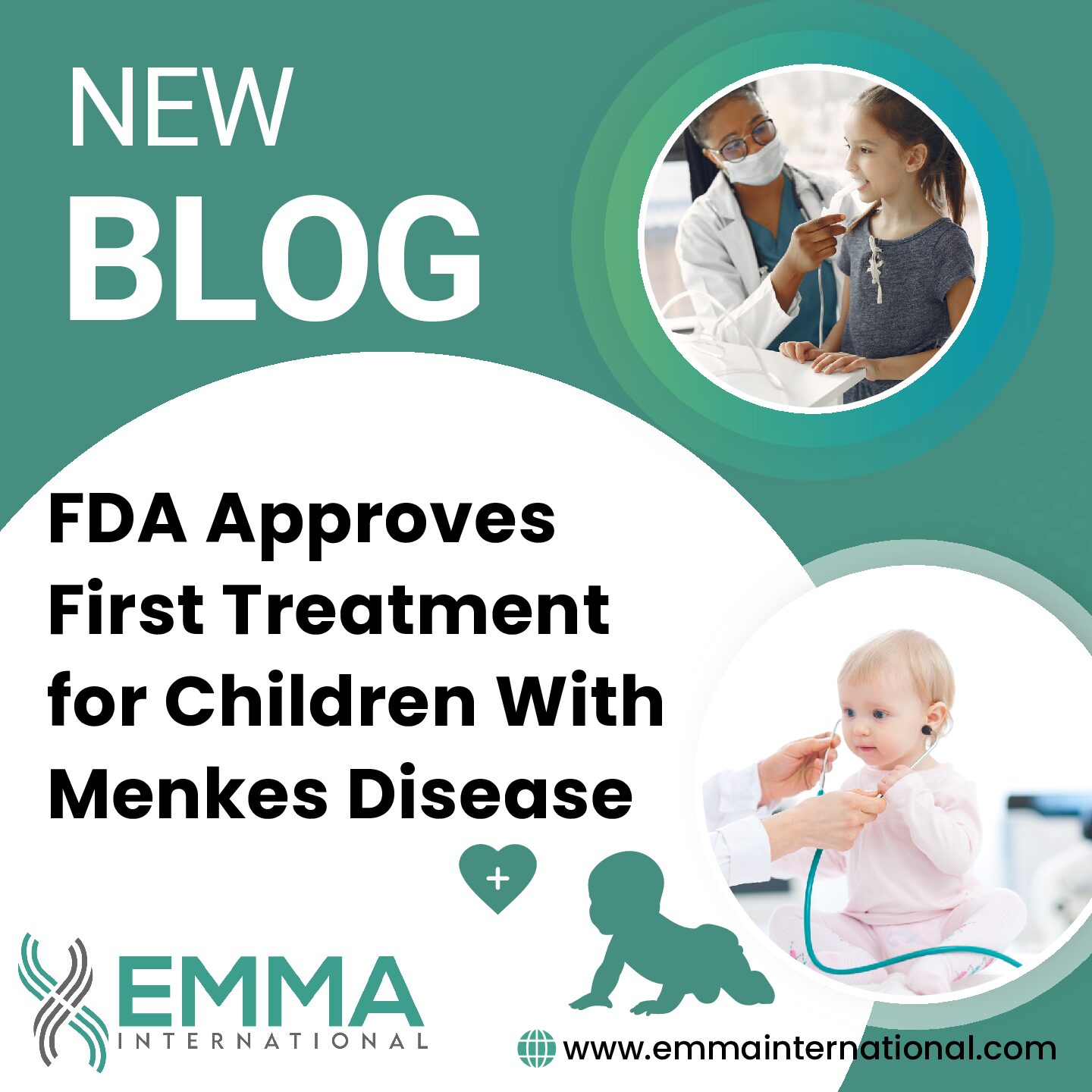Artificial Intelligence (AI) and Machine Learning (ML) are making waves across various industries, and the pharmaceutical sector is no exception. While much of the regulatory focus has been on medical devices, AI/ML’s influence on drug development is growing rapidly. These technologies are being harnessed by pharmaceutical manufacturers to optimize drug products, leveraging their ability to analyze vast datasets. However, much like in the medical device industry, the FDA is still in the early stages of determining how to regulate AI/ML as it pertains to drug products. This blog explores the technology’s background and its regulatory impact on the pharmaceutical industry.
Though AI/ML might seem like a new frontier, it has been integrated into the drug development lifecycle for several years. In fact, more than 100 product submissions incorporating AI/ML components were reported in 2021 alone. These submissions used AI/ML algorithms across a wide array of areas, including drug development, clinical research, postmarket safety surveillance, and even advanced manufacturing methods.
One area where AI/ML is particularly useful is in the analysis of real-world data. Manufacturers can use these algorithms to analyze massive datasets derived from postmarket surveillance activities, allowing them to suggest or implement improvements in product formulations or manufacturing processes. However, this brings potential risks that must be carefully managed. Developers need to ensure robust planning to address these risks and ensure that product improvements based on AI/ML findings are safe and effective.
To keep pace with the growing use of AI/ML, the FDA has been working to establish a framework to regulate its application in the pharmaceutical sector. The agency has introduced several guidance documents, formed industry groups, and created advisory committees to gain a better understanding of how AI/ML is used within pharma and to mitigate any potential risks to public health. One of the FDA’s recent efforts includes a discussion paper co-authored by three major FDA centers—CDER, CBER, and CDRH—focused on the regulatory considerations of AI/ML in drug development.
Looking ahead, the pharmaceutical industry is expected to see exponential growth in the use of AI/ML algorithms within the drug development lifecycle. As this technology evolves, the regulatory landscape will likely shift to address the unique challenges it presents. Just as with medical devices, the FDA will probably require pharmaceutical developers to implement software change management plans, robust cybersecurity measures, and comprehensive risk management strategies for any AI/ML-driven processes.
If you are navigating the complexities of drug development or want to understand how AI/ML regulations might impact your product, EMMA International is here to support you. Our expert team is ready to assist you through the regulatory landscape and ensure your product meets all necessary compliance standards. Reach out today at 248-987-4497 or email info@emmainternational.com to get started.
Source: FDA (May 2023) Artificial Intelligence and Machine Learning (AI/ML) for Drug Development, retrieved from: https://www.fda.gov/science-research/science-and-research-special-topics/artificial-intelligence-and-machine-learning-aiml-drug-development




